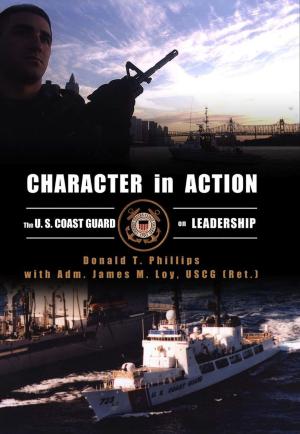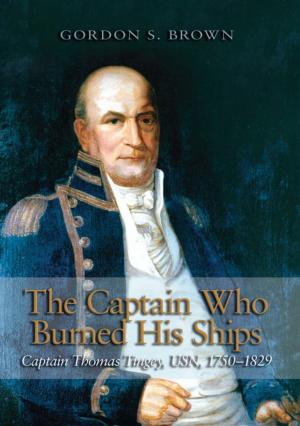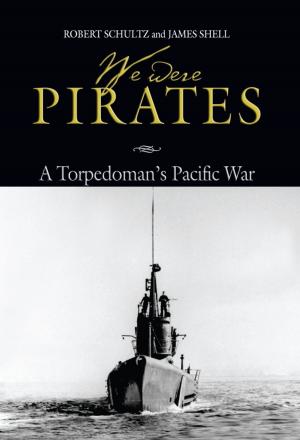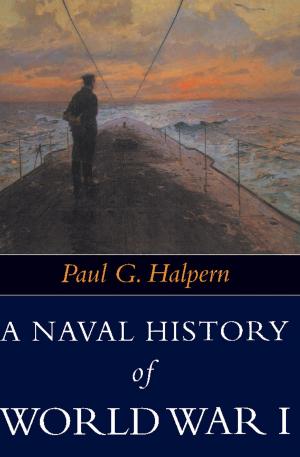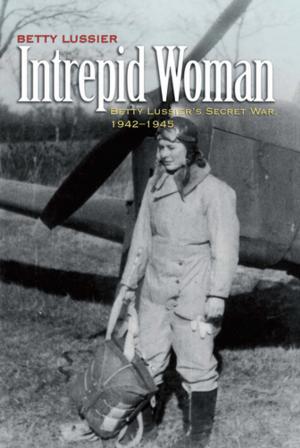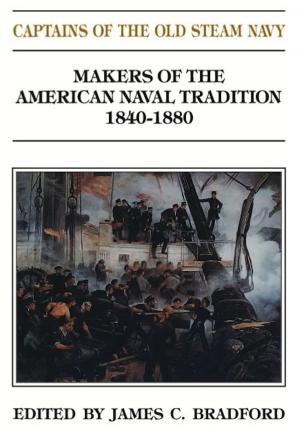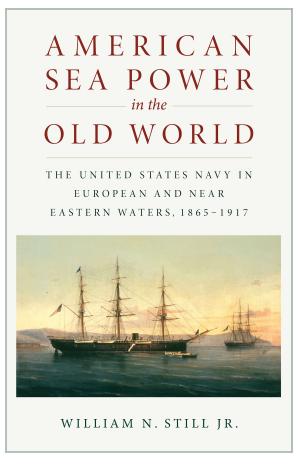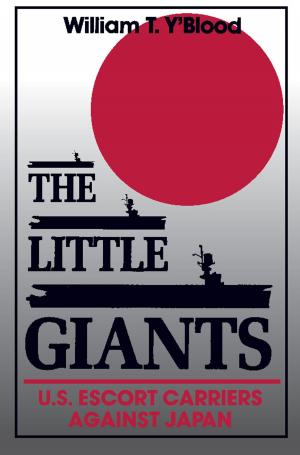| Author: | Anthony J. Cumming | ISBN: | 9781612513836 |
| Publisher: | Naval Institute Press | Publication: | May 31, 2013 |
| Imprint: | Naval Institute Press | Language: | English |
| Author: | Anthony J. Cumming |
| ISBN: | 9781612513836 |
| Publisher: | Naval Institute Press |
| Publication: | May 31, 2013 |
| Imprint: | Naval Institute Press |
| Language: | English |
This persuasive study attacks the key myths surrounding the Battle of Britain to revise the relative status of maritime and aviation factors in the defense of Britain. Without denigrating the heroism of the fighter pilots, Anthony Cumming challenges the effectiveness of the Royal Air Force in 1940 and gives the Royal Navy much greater prominence than others have. He vigorously asserts the ability of British warships to frustrate German plans for Operation Sea Lion and to repel Luftwaffe attacks. The author argues that the RAF took the lion s share of the glory only because its colorful image could easily be used to manipulate American opinion. Cumming contends that the 70th anniversary of the Battle of Britain should celebrate the contributions of the many rather than focusing on the pilot elite, an assertion certain to provoke discussion.
This persuasive study attacks the key myths surrounding the Battle of Britain to revise the relative status of maritime and aviation factors in the defense of Britain. Without denigrating the heroism of the fighter pilots, Anthony Cumming challenges the effectiveness of the Royal Air Force in 1940 and gives the Royal Navy much greater prominence than others have. He vigorously asserts the ability of British warships to frustrate German plans for Operation Sea Lion and to repel Luftwaffe attacks. The author argues that the RAF took the lion s share of the glory only because its colorful image could easily be used to manipulate American opinion. Cumming contends that the 70th anniversary of the Battle of Britain should celebrate the contributions of the many rather than focusing on the pilot elite, an assertion certain to provoke discussion.

